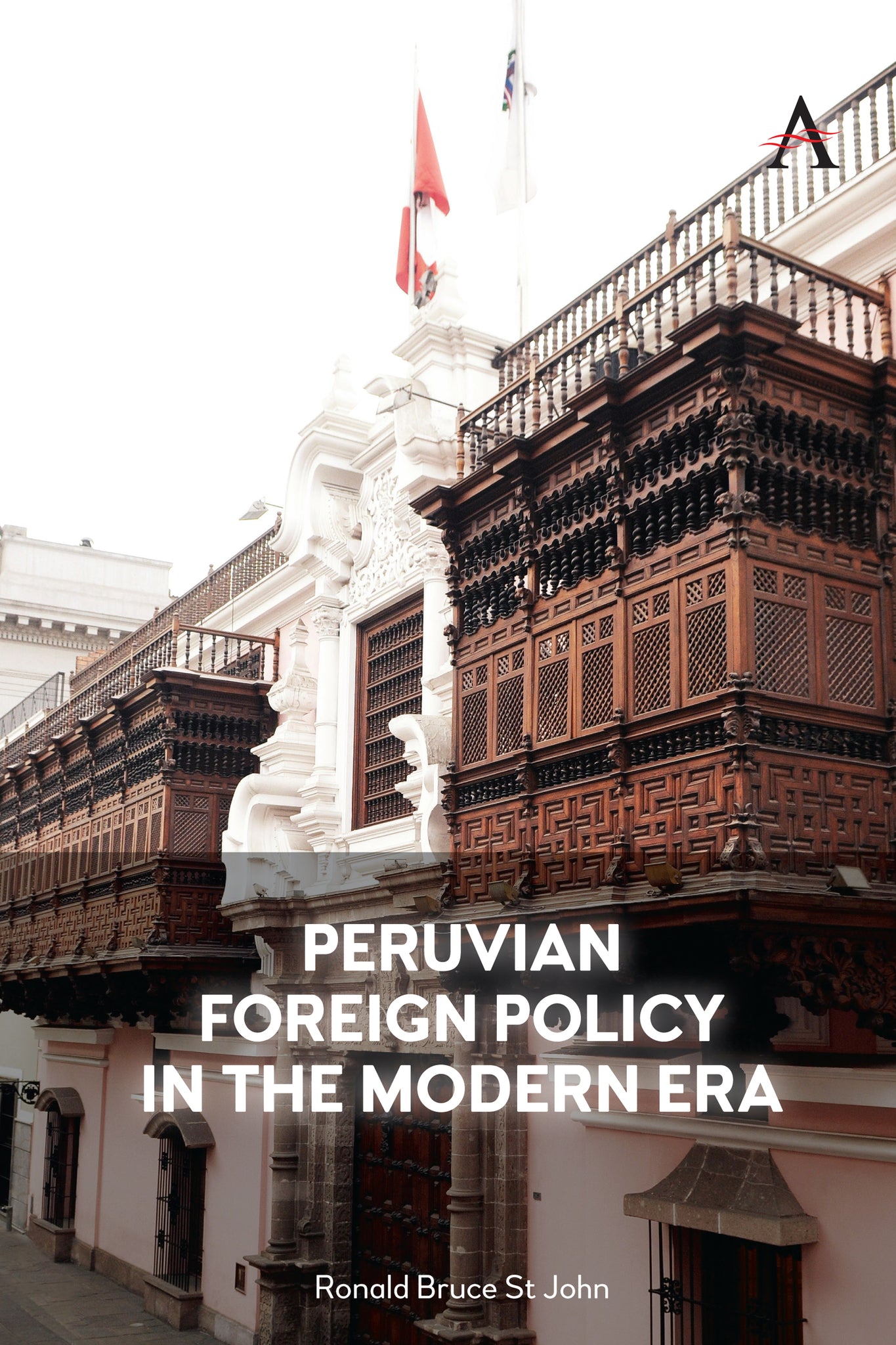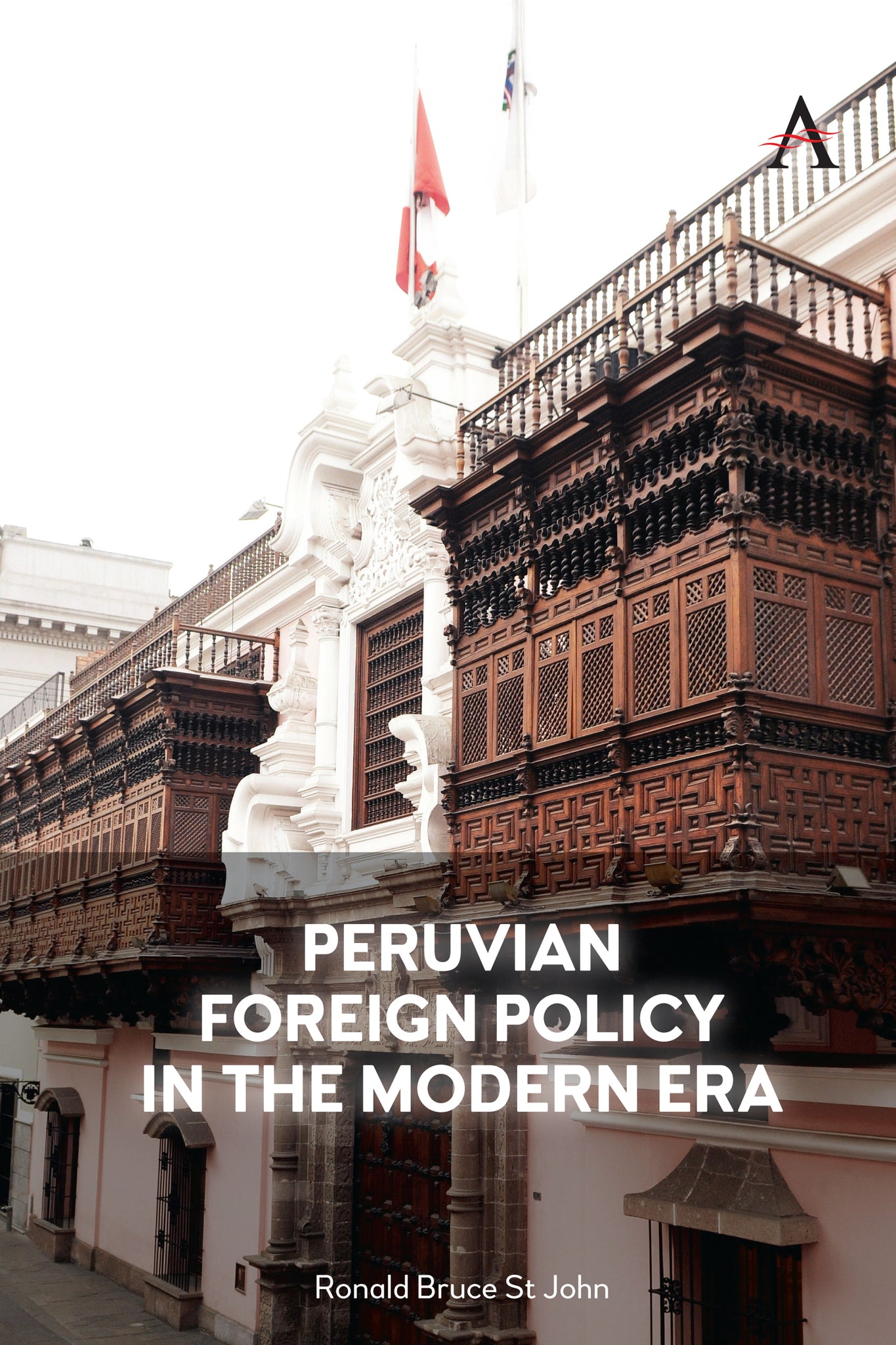We're sorry. An error has occurred
Please cancel or retry.
Peruvian Foreign Policy in the Modern Era

Some error occured while loading the Quick View. Please close the Quick View and try reloading the page.
Couldn't load pickup availability
- Format:
-
11 July 2023

Peruvian Foreign Policy in the Modern Era is a chronological treatment of Peruvian foreign policy from 1990 to the present. It focuses on the impact of domestic politics, economic interests, security concerns, and alliance diplomacy on contemporary Peruvian foreign policy.
In common with other Latin American states, sovereignty, territorial integrity, regionalism, continental solidarity, and economic independence were core goals of Peruvian foreign policy after independence. In modern times, successive Peruvian governments have continued to address these and related issues in a foreign policy grounded in pragmatism and notable for its emphasis on a rational combination of continuity and change. The Fujimori administration (1990–2000) set the stage for this shift in the direction, tone, and content of the nation’s foreign policy with successor administrations refining and building upon the initiatives launched by Fujimori.

HISTORY / Latin America / South America, History of the Americas, POLITICAL SCIENCE / Geopolitics, POLITICAL SCIENCE / International Relations / Diplomacy, Geopolitics, Diplomacy

Interviews with successive presidents and leading diplomats add to the richness of the book. The clear, tight narrative makes this volume attractive to undergraduates as well as professionals—CHOICE
List of Figures; Acknowledgments; Abbreviations; 1. Introduction; 2. Alberto Kenya Fujimori, 1990–2000 and Valentín Paniagua Corazao, 2000–2001; 3. Alejandro Celestino Toledo Manrique, 2001–2006; 4. Alan García Pérez, 2006–2011; 5. Ollanta Humala Tasso, 2011–2016; 6. Pedro-Pablo Kuczynski Godard to Francisco Rafael Sagasti Hochhausler, 2016–2021; 7. José Pedro Castillo Terrones to Dina Ercilia Boluarte Zegarra, 2021–2023; 8. Conclusions; Works Cited; Index



